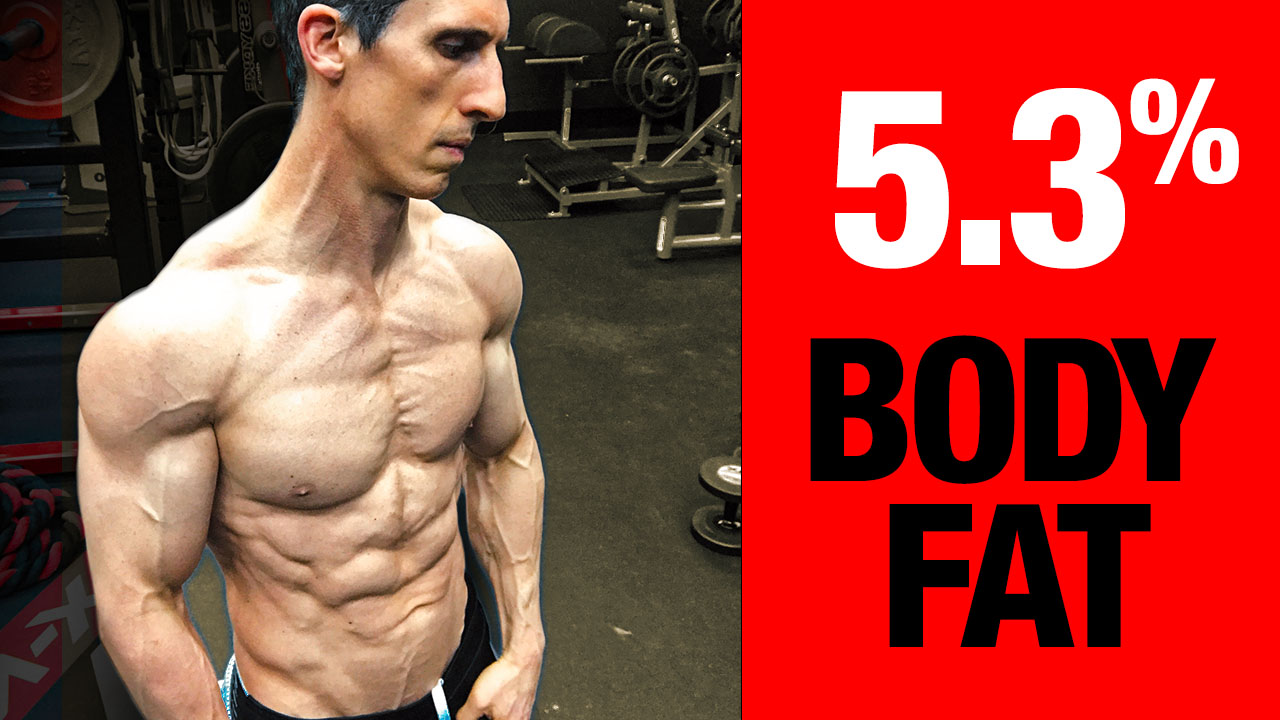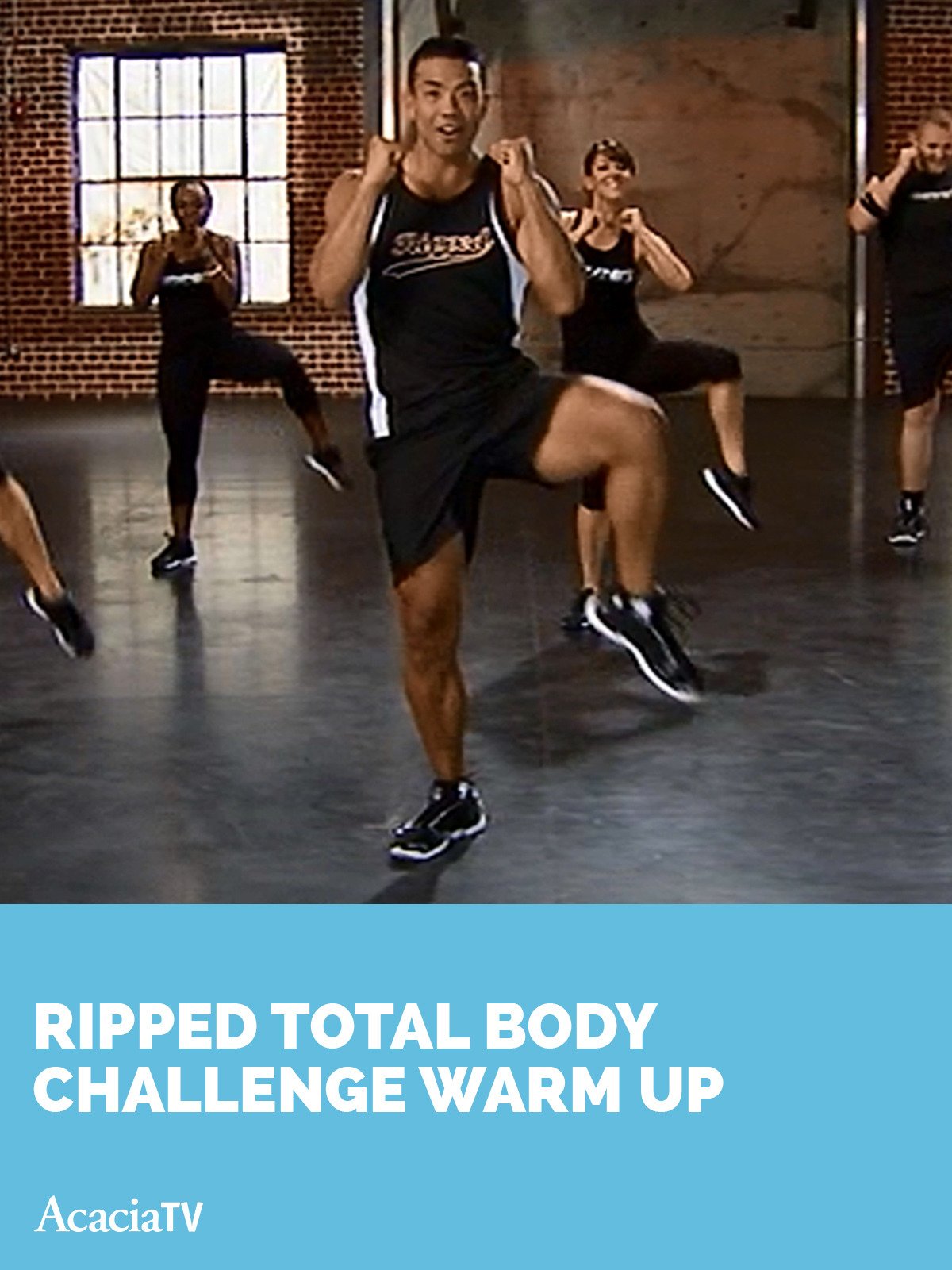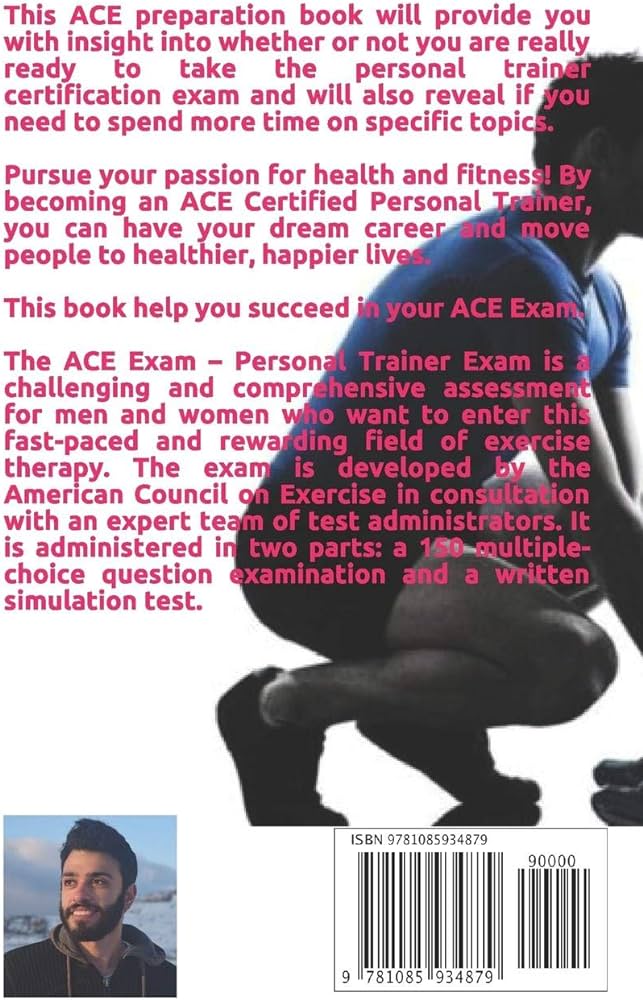To prepare for a full body fitness challenge, establish a balanced training plan and set realistic goals. Ensure proper nutrition and hydration are integral parts of your regimen.
Embarking on a full body fitness challenge can be an exhilarating and transformative experience. It demands not only physical endurance but also mental resilience and discipline. Beginning with a well-rounded introduction to the task ahead, it’s important to craft a balanced training routine that encompasses strength, flexibility, and cardiovascular exercises.
Equally crucial is setting achievable milestones to keep motivation high throughout the journey. Integrating a healthy diet and maintaining adequate hydration are essential for optimal performance and recovery. Enlist support from a fitness community or a personal trainer to stay on track and get the most out of your fitness endeavor. By adhering to these fundamental steps, anyone can gear up for a successful and rewarding full body fitness challenge.

Credit: athleanx.com
Embarking On The Fitness Journey
Starting a full body fitness challenge is an exciting step towards a new you. It’s a commitment that can reshape your routine, revitalize your health, and renew your mindset. With the proper preparation, you can make the most out of this transformative experience.
Identifying Personal Goals
Setting clear, achievable goals is critical before taking on any fitness challenge. Instead of a vague aim like “get fit”, pinpoint what success looks like for you. Do you want to lose weight, gain muscle, or improve endurance? Establish specific targets to keep your training focused and motivating:
- Set a target weight or body fat percentage.
- Define muscle gain in terms of inches or mass.
- Choose a distance you want to run without stopping.
Define your timeline and acknowledge milestones to gauge progress and stay encouraged.
Understanding The Concept Of A Full Body Challenge
Full body fitness challenges incorporate exercises engaging all major muscle groups. The goal is to build strength, increase stamina, and promote overall bodily health. Understanding this concept is crucial to align your efforts with the challenge’s demands.
| Week | Focus Area | Exercise Examples |
|---|---|---|
| 1-2 | Endurance | Jump ropes, jogging |
| 3-4 | Strength | Push-ups, squats |
| 5-6 | Flexibility | Stretching, yoga |
To prepare, familiarize with essential movements like squats, push-ups, and lunges. Ensure balance in your routine between upper body, lower body, and core workouts. Respect rest periods to allow for recovery, an integral part of the process.

Credit: www.amazon.com
Crafting A Personalized Workout Plan
Crafting a personalized workout plan is key to your success in a full-body fitness challenge. Your body is unique, so your fitness approach should be too. Tailoring a plan ensures proper focus on all muscle groups. This boosts performance and minimizes injury risk. Let’s dive into structuring that perfect regime.
Key Exercises For Full Body Development
A well-rounded workout plan targets every major muscle group. Ensure to include the following:
- Push exercises: Work on chest, shoulders, and triceps
- Pull exercises: Strengthen back and biceps
- Leg movements: Build powerful quads, hamstrings, and calves
- Core stability: Enhance abdominal and lower back strength
Plan your workout split across the week to engage each area. Integrate variety to keep the body guessing. This spurs growth and endurance.
Balancing Intensity And Recovery
Managing workout intensity is vital for continuous progress.
| Day | Activity | Intensity |
|---|---|---|
| Monday | Strength Training | High |
| Wednesday | Cardio | Medium |
| Friday | Mixed Circuit | High |
| Sunday | Active Recovery | Low |
Your body repairs and strengthens during rest. Pair hard workouts with easier days or complete rest. Remember to listen to your body’s signals. Pushing too hard can lead to overtraining.
Consistency in your plan, balanced with ample rest, will prepare you for the demands of a full-body challenge.
Nutrition: Fueling For Success
Embarking on a full body fitness challenge demands more than just tough workouts. To achieve peak performance, your body needs the right fuel. This section dives into how to nourish your body for stamina and recovery.
You wouldn’t put low-quality gas in a race car, right? Your body deserves the same consideration. Eat the right foods and you’ll feel stronger and more energetic.
Essential Macronutrients And Their Roles
Macronutrients are the building blocks of your diet. Let’s break down their roles in your fitness success:
- Proteins are the key to muscle repair and growth. Think lean meats, beans, and tofu.
- Carbohydrates fuel your workouts. Choose whole grains, fruits, and veggies.
- Fats are essential for long-lasting energy. Avocado, nuts, and fish are great picks.
Hydration And Its Impact On Performance
Water is vital for your challenge. It keeps joints lubricated, helps muscles work, and supports recovery. Aim to drink regularly throughout the day.
| Time of Day | Water Intake |
|---|---|
| Morning | Start with a glass of water. |
| Pre-Workout | Drink at least 2 cups. |
| During Workout | Sip every 15 minutes. |
| Post-Workout | Replenish with 2 cups. |
| Rest of Day | Keep a bottle handy. |
Remember, thirst signals dehydration. Drink before you’re thirsty to keep your performance on track.
Supplementation And Fitness
Embarking on a full body fitness challenge requires more than just exercise and diet changes. Supplementation can play a key role in maximizing your results and supporting your body’s needs. Let’s dive into how you can leverage supplements to enhance your fitness journey.
Common Supplements In Fitness Challenges
The right supplements can boost performance, aid recovery, and help meet nutritional gaps. Here’s a look at popular choices:
- Protein Powders: Support muscle repair and growth.
- Branched-Chain Amino Acids (BCAAs): Reduce muscle soreness.
- Creatine: Enhance strength and power output.
- Omega-3 Fatty Acids: Improve joint health and reduce inflammation.
- Multivitamins: Cover daily dietary deficiencies.
- Pre-Workout Formulas: Increase energy and focus during workouts.
Navigating Supplement Usage Safely
Taking supplements should be done with knowledge and caution. Follow these steps for a safe experience:
- Consult a healthcare professional before starting any new supplement regimen.
- Choose products from reputable brands that have undergone third-party testing.
- Adhere strictly to the recommended dosages on the label.
- Monitor your body’s response to any new supplement.
- Stay informed about potential interactions with current medications or other supplements.
Remember, supplements are to complement your diet and exercise routine, not replace any aspect of it.
Tracking Progress And Staying Motivated
Embarking on a full body fitness challenge is an exciting journey. To reach your goals, it’s crucial to keep a keen eye on progress and maintain high motivation levels. Whether you’re a fitness enthusiast or a beginner, learning how to track your workouts and stay motivated can make all the difference in your fitness challenge success.
Methods to Monitor ImprovementsMethods To Monitor Improvements
| Method | Description | Benefits |
|---|---|---|
| Fitness Apps | Use apps to log workouts, track progress | Easy access, detailed statistics |
| Progress Photos | Take regular photos to visually compare | Visual evidence of changes |
| Body Measurements | Measure waist, hips, chest, etc. | Noticeable changes in body size |
| Strength and Stamina | Record weightlifting and cardio results | Track physical performance enhancements |
Psychological Tricks To Maintain Motivation
- Set mini-goals: Break the main goal into smaller, achievable targets.
- Reward yourself: Celebrate small victories with healthy rewards.
- Social Support: Share progress with friends or join a fitness community.
- Visual Reminders: Keep a vision board or motivational quotes in sight.
- Positive Affirmations: Repeat empowering phrases daily to boost confidence.
:max_bytes(150000):strip_icc()/21-Day-Circuit-Jeanette-Jenkins-2-2000-299cdde441b447d09aa4c6aafe33c3fe.jpg)
Credit: www.shape.com
Avoiding Common Pitfalls
Embarking on a full body fitness challenge is an exhilarating endeavor. Yet, risks lurk in the shadows of enthusiasm. It’s crucial to identify and evade common pitfalls. A strategic approach enhances success and keeps ailments at bay. Let’s delve into some pivotal strategies that will keep you on track, highlighting Overtraining Syndrome and Injury Prevention Techniques.
Overtraining Syndrome
Overtraining Syndrome (OTS) strikes when your training exceeds your body’s ability to recover. It leads to fatigue and declining performance. To avoid OTS:
- Follow a balanced workout routine with adequate rest days.
- Resist the urge to push harder than your plan allows. Listen to your body’s signals.
- Include active recovery sessions, such as light walking or yoga.
- Maintain a nutritious diet to fuel and heal your body.
Injury Prevention Techniques
Preventing injury is paramount for a successful fitness challenge. Keep injuries away with these techniques:
- Start every session with a dynamic warm-up to prep your muscles.
- Focus on proper form over lifting heavier weights or faster pace.
- Use cooldown stretches post-workout to enhance flexibility and reduce muscle soreness.
- Rotate the muscle groups you train to allow healing time.
Incorporate these measures into your fitness routine to safeguard your progress and well-being throughout the challenge.
Celebrating Milestones And Reflecting
Welcome to the thrilling world of full-body fitness challenges! Success is not just about crossing the finish line; it’s also about acknowledging the progress along the way. Celebrating milestones and reflecting on your journey are key components to staying motivated and learning from your experiences. Let’s dive into how setting short-term targets and reflection can enrich your fitness quest.
Setting Achievable Short-term Targets
Embarking on a fitness challenge can be daunting. Break it down with short-term goals to make it manageable.
- Create weekly objectives for distance, speed, or stamina.
- Monitor daily activities to stay on track.
- Reward yourself for each achievement to fuel your motivation.
Consistency is essential. Regular small victories lead to massive successes.
Reflection: Learning From The Journey
Reflection is as critical as the physical aspect of your challenge.
Keep a journal to document your thoughts and feelings. Note what works and what doesn’t. Use it as a roadmap for continued improvement.
| Week | Progress | Challenges | Learnings |
|---|---|---|---|
| 1 | Initiated daily walks | Adjusting to routine | Importance of consistency |
| 2 | Increased walk duration | Minor muscle soreness | Better stretching needed |
Reflection helps identify patterns and growth areas. This insight is invaluable for future challenges and personal development.
Frequently Asked Questions On How To Prepare For A Full Body Fitness Challenge
How Do You Prepare For A Fitness Challenge?
Set clear goals and select a suitable fitness challenge. Create a training plan to build strength and endurance. Eat a balanced diet for optimal energy. Stay hydrated and prioritize rest for recovery. Consistently track progress and adjust your routine as needed.
How Should You Plan A Full Body Workout?
Begin with dynamic stretches to warm up your muscles. Rotate between upper, lower, and core exercises for balance. Include compound movements like squats and push-ups. Aim for 3 sets of 8-12 reps per exercise. Finish with a cool down and static stretches.
Is 3 Days Enough For A Full Body Workout?
Yes, 3 days per week is generally enough for a full body workout. It allows for sufficient exercise and recovery time.
How Many Times A Week Should You Do A Full Body Workout?
Aim for 2-3 full body workouts per week to allow for proper muscle recovery and avoid overtraining.
Conclusion
Embracing a full-body fitness challenge can transform your health journey. Start with clear goals, a structured plan, and proper nutrition. Remember, persistence and self-care pave the way to success. So gear up, stay motivated, and watch as your body reaches new peaks of fitness and well-being.
Your victory awaits!


